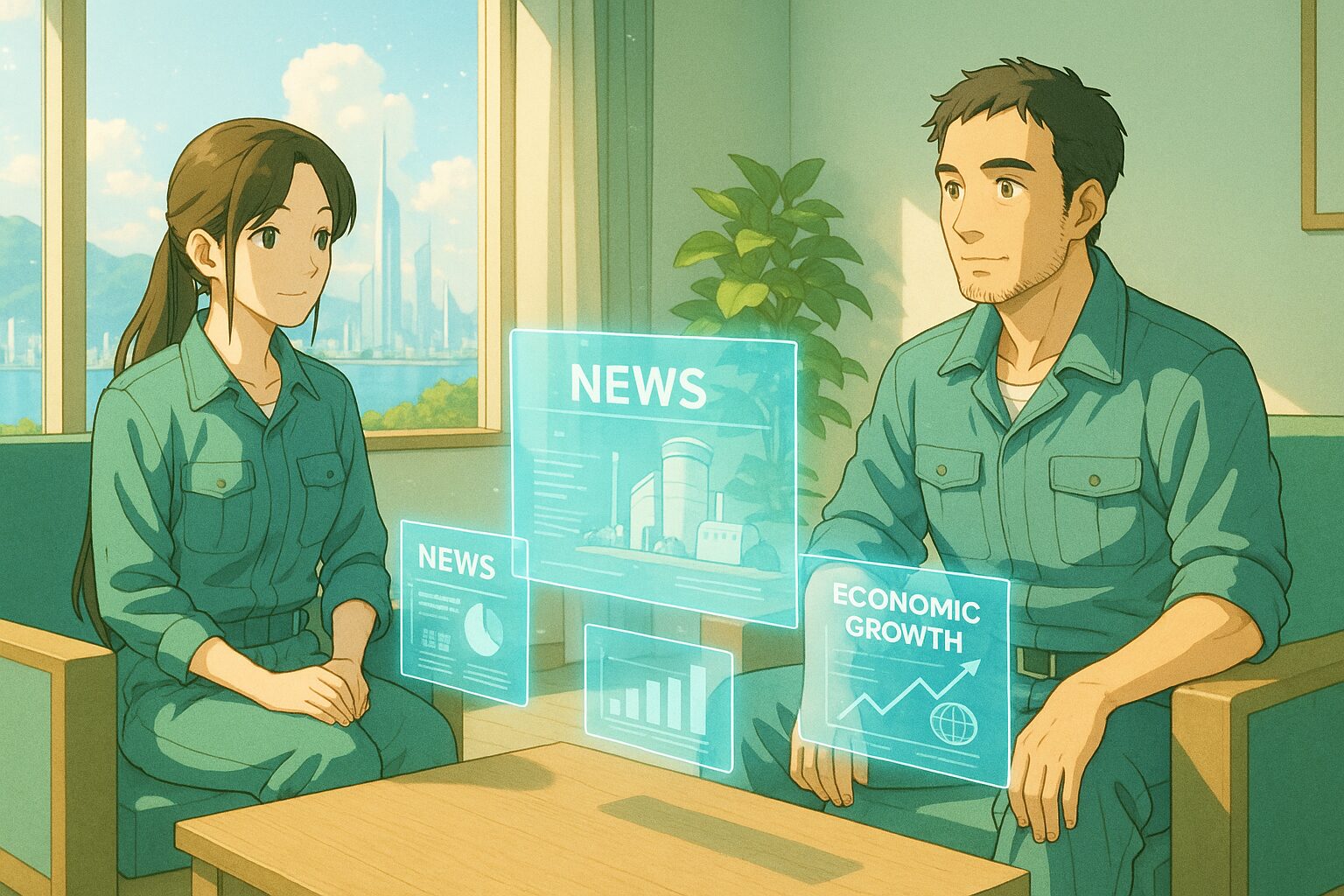How Will the Relationship Between Universities and Government Change in the Future?
Recently, there was news that Cornell University, a prestigious institution in the United States, reached a significant agreement with the government. How will the way universities engage with the government change our educational environment? What if this trend continues?
1. Today’s News
Source:
Cornell University to pay $60M in deal with Trump administration to restore federal funding
Summary:
- Cornell University has agreed to pay $60 million to restore federal funding under an agreement with the Trump administration.
- The agreement includes accepting civil rights laws as interpreted by the administration.
- This move may set a new precedent in the relationship between universities and the government.
2. Considering the Background
The relationship between universities and the government is a crucial element that supports the core of the education system. Especially when universities receive research funding, they must comply with government policies and laws. In this case, the university chose to gain funding by adhering to the government’s interpretation. How does this issue impact our educational environment and the freedom of research? And why has such an agreement become necessary now?
3. What Does the Future Hold?
Hypothesis 1 (Neutral): A Future Where Following Government Policies Becomes the Norm
Universities may find it commonplace to gain stable funding by following government policies. Directly, educational institutions will be required to adapt flexibly to receive government support. As a result, there is a possibility that university autonomy may be restricted. In the long term, government influence could significantly affect the educational landscape, raising concerns that diversity in education may be undermined.
Hypothesis 2 (Optimistic): A Future Where Universities and Government Collaborate for Development
Government and universities may collaborate to create a better educational environment. Directly, the stable supply of funds could enable universities to promote new programs and research. Indirectly, the partnership between government and universities may strengthen, leading to more projects benefiting society as a whole. Ultimately, education and policy may connect more seamlessly, giving rise to new values.
Hypothesis 3 (Pessimistic): A Future Where University Independence is Lost
The heavy dependence of universities on government policies may lead to a loss of independence. Directly, universities risk losing the ability to determine their research and educational policies freely. Indirectly, the quality and content of education may come to be swayed by government intentions. Ultimately, there is a fear that the diversity and originality that education should possess may be lost, resulting in a homogenization of values.
4. Tips for Us
Insightful Suggestions
- Reconsider the balance between the independence of education and government support.
- Understanding how the education you received is shaped may influence your daily choices.
Small Practical Tips
- Regularly check the news regarding education.
- Take an interest in local educational institutions and deepen your learning through events and lectures.
5. What Would You Do?
- What are your thoughts on the impact of the relationship between universities and government on education?
- What actions do you think are necessary to protect the independence of education?
- How do you perceive the potential generated by cooperation between government and educational institutions?
What kind of future do you envision? Please share your thoughts through social media quotes or comments.









